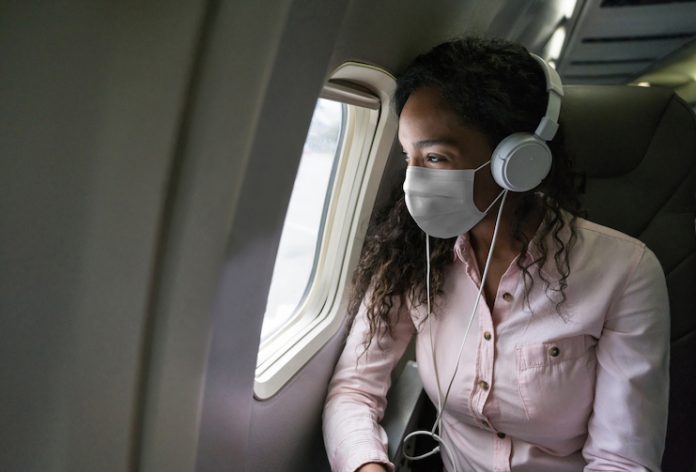DALLAS—The COVID-19 Delta variant’s emergence and spread has hampered plans for group and business travel this fall and winter, spurring CBRE Hotels Research to temper its expectations in September 2021 for Q4 2021 U.S. lodging performance on a national basis. CBRE’s tempered outlook extends into 2022, given the likelihood that corporate travel budgets will remain constrained next year.
Earlier this year, the lodging outlook had been brighter due to strong leisure demand boosting summer occupancy levels beyond expectations at U.S. hotels. But the emergence of the Delta variant sapped momentum from business travel, giving rise to a concerning “second-derivative” market condition in which the recovery continues but at a slowing pace.
“The Delta variant and increasing number of COVID infections led to delays in ‘return to office’ plans at many firms and coincided with the start of the 2022 travel-budgeting season,” said Rachael Rothman, CBRE’s head of hotel research and data analytics. “Unfortunately, for business centric hotels, the rebound in business travel expected in September of 2021 is now delayed and will likely have a ripple effect into 2022’s corporate travel budgets.”
CBRE forecasts that U.S. hotels will achieve a 2021 annual occupancy level of 54 percent, along with an average daily rate (ADR) of $112.85. The resulting revenue per available room (RevPAR) of $60.91 will be 41.7 percent greater than the annual RevPAR value of $42.97 recorded in 2020. However, that’s still 29.3 percent less than the $86.16 RevPAR posted in 2019.
Convention travel will resume first in markets with low operating costs, inexpensive airlift, and relatively fewer health restrictions. Given the wide-ranging availability of convention space, planners will consider destinations with warm weather and low operating costs, including Dallas, New Orleans, San Antonio, Las Vegas, and Orlando, among others.
For 2022, CBRE expects leisure demand will continue to boost the performance of properties in resort and remote locations, supplemented by growth in “bleisure” travel, which combines business and leisure pursuits. However, anecdotal conversations reveal that the Delta variant is having a negative impact on 2022 corporate-travel budgets. Thus, demand for meeting-related travel may lag that of previous years, but it also stands to provide a near-term benefit to markets with lower operating costs, warmer weather, and less restrictive health regulations. CBRE is forecasting an occupancy gain of 8 percent in 2022, plus a 7.1 percent boost to ADR. The net result is a 15.6 percent forecast increase in RevPAR for the year.
Since 75 percent to 80 percent of a hotel’s performance is dictated by local economic and market factors, the dynamics of their municipalities can significantly impact the pace of recovery for a given destination.
“In general, Sunbelt cities and drive-to leisure destinations are expected to perform the best, while group-oriented hotels, northern markets, and global gateway cities reliant on inbound international travel are projected to lag in performance,” said Bram Gallagher Ph.D., senior hotel economist with CBRE Hotels Research. “The pace of recovery for business and group demand is top of mind for most hoteliers.”
CBRE anticipates that urban-core hotels in high-cost markets will continue to see hampered demand due to the delayed return to office and the ‘great migration south’ that took place over the pandemic. Business travelers likely will take fewer but longer trips to avoid COVID flight exposure and extend their trips in leisure markets to incorporate shoulder stays. Shoulder stays are business trips that the traveler extends for leisure time.
Beyond 2022, CBRE forecasts the U.S. national occupancy level to approach the long-run average of 62 percent in 2023. However, occupancy isn’t expected to return to its lofty pre-COVID rates in the foreseeable future, given that many general managers and prioritizing rate gains despite the potential resulting drop in occupancy. CBRE anticipates that nominal ADR levels will reach the prior peak by Q2 2023. On a combined basis, the improvements in ADR and occupancy should lead to a full recovery in nominal RevPAR by 2024.











